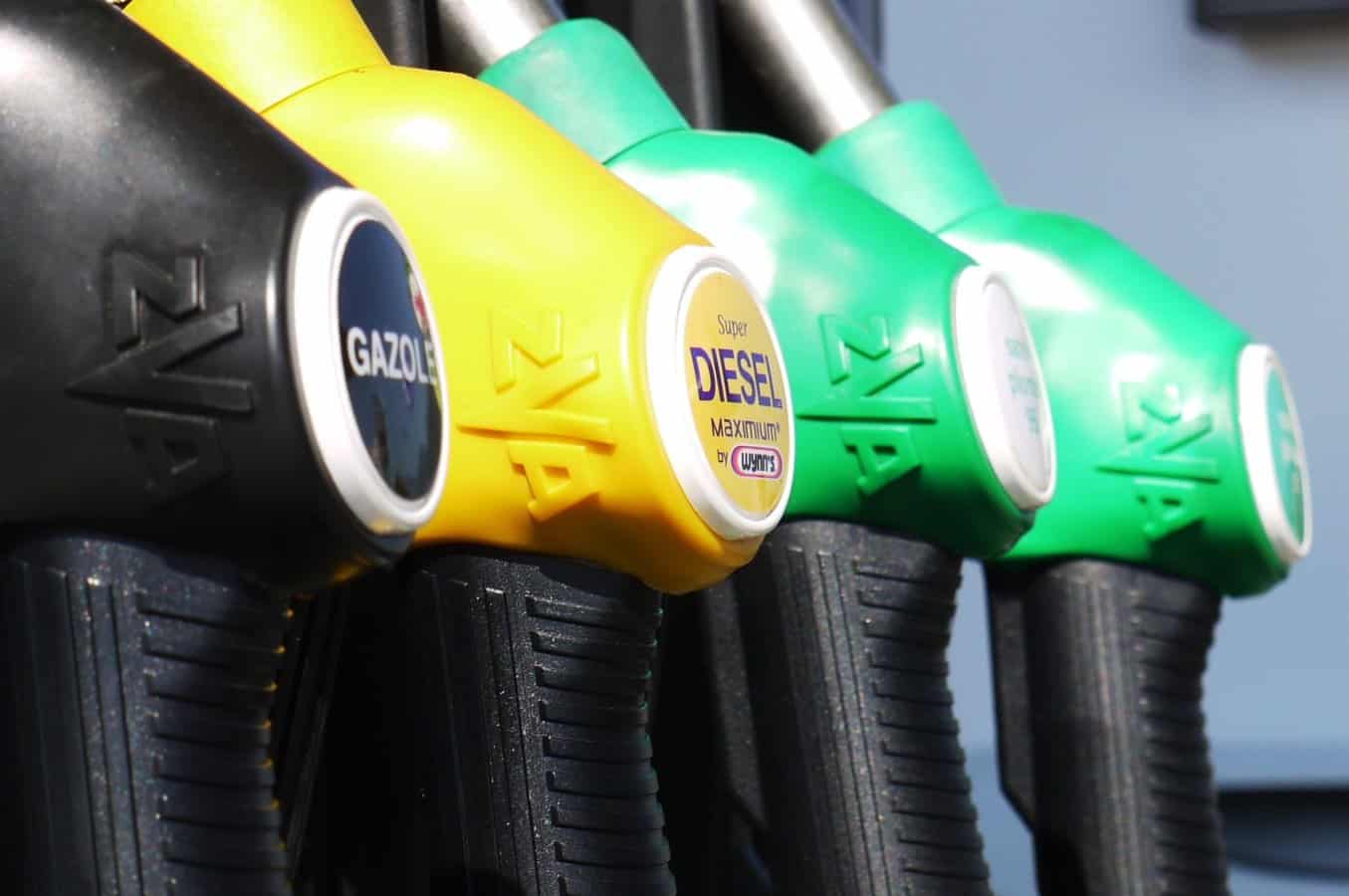Gas and Diesel RV Engines – The Basics You Need to Know
Embarking on an RV adventure is an exciting journey, but before hitting the open road, you need to make a crucial decision: choosing between a gas or diesel engine for your motorhome.
Understanding the key differences between these two engine types is essential for determining which option is best for your specific needs and preferences. In this article, we’ll explore the pros and cons of gas and diesel RVs, covering aspects such as fuel economy, power, maintenance costs, and more.
Fuel Economy Showdown: Gas vs. Diesel RVs – Which Gives You More Bang for Your Buck?
One of the main factors to consider when choosing between gas and diesel RVs is fuel economy.
- Diesel engines are known for their higher fuel efficiency, which means you’ll cover more miles per gallon compared to a gas RV.
- While diesel fuel is generally more expensive, the improved fuel economy can potentially offset the higher cost over time.
- If long road trips are on your agenda, diesel RVs may be the more cost-effective option.
Power and Performance: Analyzing the Driving Experience of Gas and Diesel RVs
When it comes to power and performance, diesel RVs generally have the upper hand.
- They provide more torque at lower RPMs, which translates to better acceleration and hill-climbing abilities.
- Gas engines, on the other hand, tend to produce more horsepower but require higher RPMs to access that power.
- Diesel RVs often have a smoother, more responsive driving experience, while gas RVs can struggle with steep inclines or heavy loads.
Take a look at our article on: The Pros and Cons of Traveling in a Motorhome
Routine Maintenance and Repair Costs: Comparing Gas and Diesel RV Ownership
Maintenance and repair costs can also play a significant role in your decision.
- Diesel engines are known for their longevity and durability, but they typically require more expensive and specialized maintenance.
- Gas engines, in contrast, have lower maintenance costs and are easier to find parts for.
Considerations for Maintenance Costs:
- Frequency of use: If you’re planning on frequent, long-term use, a diesel RV might be worth the investment. However, if you’ll be using your RV occasionally, a gas engine might be more cost-effective in terms of maintenance.
- Availability of parts and service: Gas engines are more common, which means parts and services are generally more readily available.
Eco-Friendly RVing: A Look at Emissions and Sustainability in Gas and Diesel Motorhomes
With the growing concern for the environment, it’s important to consider the emissions and sustainability of your RV choice.
- Diesel engines are generally more fuel-efficient, which means they produce fewer greenhouse gas emissions per mile traveled.
- However, they also emit higher levels of nitrogen oxides and particulate matter{link}, which contribute to smog and air pollution.
- Gas engines produce fewer harmful emissions but have a larger carbon footprint due to their lower fuel efficiency.
Ultimately, the eco-friendliness of your RV will depend on how you use it and maintain it.
Longevity and Resale Value: What to Expect When Investing in Gas or Diesel RVs
Another key aspect to consider is the longevity and resale value of your RV.
- Diesel engines are known for their durability and long lifespans, often outlasting their gas counterparts.
- This can lead to higher resale values for diesel RVs, making them a potentially more sound investment.
- However, gas RVs tend to have lower upfront costs, which can be more attractive to first-time buyers or those on a budget. It’s essential to weigh the long-term value of your RV against your initial investment and usage plans.
Hauling Capabilities: Evaluating Towing Capacity and Payload in Gas vs. Diesel RVs
Towing capacity and payload are crucial factors for many RV enthusiasts, especially if you plan to bring along a car, boat, or trailer.
- Diesel RVs generally offer higher towing capacities and payloads, thanks to their increased torque and overall power. This makes them a popular choice for those who need to tow a car, boat, or trailer.
- Gas RVs, while often having lower towing capacities, can still handle moderate loads and are suitable for lighter towing needs. It’s essential to carefully assess your towing requirements before making your decision.
Noise and Vibration: Comparing the Comfort Level of Gas and Diesel Engine RVs
Noise and vibration are important factors to consider when evaluating the comfort level of your RV.
- Diesel engines tend to be quieter and produce less vibration, offering a more comfortable and peaceful ride.
- Gas engines, on the other hand, can be louder and produce more noticeable vibrations, particularly when working hard to climb hills or carry heavy loads. If a quiet and smooth ride is a priority, a diesel RV might be the better choice for you.
Initial Investment: Understanding the Cost Differences Between Gas and Diesel RVs
The initial investment required for a gas or diesel RV can be a deciding factor for many buyers.
- Diesel RVs are generally more expensive upfront due to their more complex engines and higher-quality components. However, their durability, fuel efficiency, and resale value can make them a worthwhile investment for long-term RVers.
- Gas RVs, on the other hand, typically come with lower price tags, making them an appealing option for first-time buyers or those on a budget. While they may not have the same fuel efficiency or longevity as diesel RVs, they can still offer a reliable and enjoyable RV experience for many years.
Conclusion: Weighing Your Options and Making the Best Choice for Your RV Lifestyle
When deciding between a gas or diesel RV, it’s essential to carefully consider your specific needs, preferences, and budget. Here’s a summary of the key points to help you make an informed decision:
- Fuel Economy: Diesel RVs offer better fuel efficiency, potentially saving you money in the long run.
- Power and Performance: Diesel engines provide more torque and better hill-climbing abilities, while gas engines have higher horsepower but may struggle with inclines or heavy loads.
- Maintenance and Repair Costs: Gas RVs are generally more affordable to maintain, while diesel RVs require more specialized and expensive maintenance.
- Emissions and Sustainability: Diesel engines are more fuel-efficient but produce higher levels of harmful emissions, while gas engines have a larger carbon footprint but produce fewer harmful emissions.
- Longevity and Resale Value: Diesel RVs are known for their durability and higher resale values, while gas RVs are often more affordable upfront.
- Towing Capacity and Payload: Diesel RVs generally offer higher towing capacities and payloads, making them suitable for heavier loads and towing needs.
- Noise and Vibration: Diesel engines tend to be quieter and produce less vibration, offering a more comfortable ride compared to gas engines.
By evaluating these factors, you can make an informed decision about which engine type is the best fit for your unique RV lifestyle.
Good luck, and happy camping!
Check out our article on: 15 Luxury Motorhomes: Comparing Top-end RV Models

